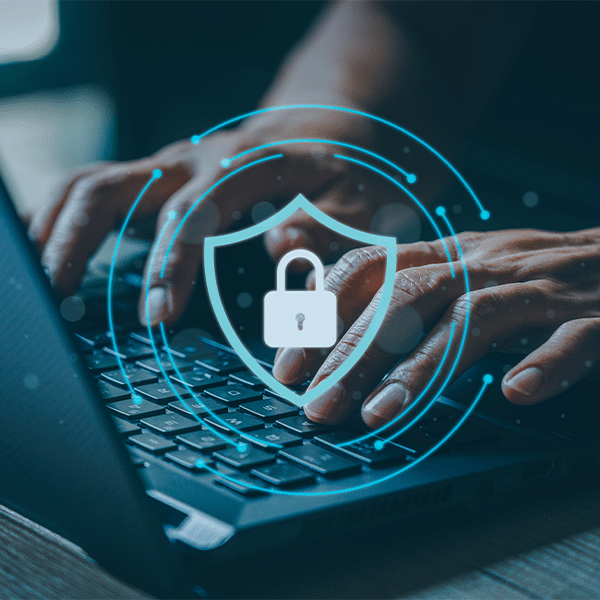By the time you have finished reading this sentence, multiple cyberattacks will have been launched internationally. Being aware of cybersecurity trends is vital—the biggest mistake you can make regarding cyberattack prevention is assuming that your network is too small to matter to hackers. Just because large companies tend to make bigger headlines when they are compromised doesn’t mean that smaller companies aren’t just as vulnerable.
As recent high-profile breaches — such as the CDK ransomware hack — have shown, the consequences of being caught off-guard or underprepared for an attack can be detrimental. The attack affected 15,000 businesses and cost $1 billion in business losses.
Recently, U.S. investigators discovered a hacking campaign, named “Salt Typhoon,” where hackers linked to the Chinese government have gained access to a handful of U.S. internet service providers. In addition to compromised customer data and safety, the financial repercussions can be impossible to recover from. Projections from Forbes Advisor have found that the total cost of damage incurred by cybercrime is expected to reach $10.5 trillion (about $32,000 per person in the U.S.) by 2025.
Small, family-owned companies are just as susceptible to a cyberattack as any large carrier. Communities put their trust in you as their provider to keep them connected to healthcare, education, work, and each other. That’s why understanding and responding to cybersecurity trends is so important. To keep your network secure and your community’s trust strong, the following steps can make the difference between protecting your data and leaving it vulnerable.
Put a Plan in Place
A critical step towards network security starts with your Incident Response Plan (IRP). It’s imperative to incorporate this plan into your daily business operations. With BEAD being top of mind, it’s important to consider your cybersecurity plans as you prepare for the pre-qualification process.
Empower Your Team
Human exploitation is one of the most common causes of cyberattacks. Someone clicking a malicious link can be a painful reminder. Through Security Awareness Training, your team should be educated on topics such as phishing scams, password security, and best practices. Additionally, assessing the cybersecurity practices of your third-party vendors and partners before signing any contracts is another key factor in relationship management.
Monitor Your Network
Continuous monitoring is crucial for network insight. Regularly investigating your network activity gives you an advantage in detecting unusual activity early before it has the chance to become a full-blown attack.
Maintain Your Network
Daily server backups can become your best friend. While they can feel like a repetitive formality, they can be your redeeming feature amidst an attack. In the event of an attack, you can avoid paying ransom entirely by restoring your systems and ensuring that crucial customer data and financial information are not lost.
In conclusion, awareness is key. As technology evolves, so do cybercriminal tactics. Emerging threats like AI-driven attacks, deepfakes, and more sophisticated phishing scams mean that proper cyberattack prevention measures should never be neglected. Utilizing experts to outsource your cybersecurity needs can ensure you are prepared for this ever-intensifying digital landscape, giving you valuable tools and peace of mind.
Daniel Lindley, Senior Cybersecurity Specialist
JSI
Daniel Lindley is JSI’s Senior Cybersecurity Specialist and is based in Lubbock, Texas. His cybersecurity expertise includes the following certifications: CISA, CISSP, HCISPP, Network+, and Cybersecurity Fundamentals. Prior to joining JSI in 2021, Daniel was an IT auditor for nearly seven years, serving as an Information Security Officer for the last two years. Before his career in IT, Daniel worked in a state crime laboratory for more than nine years, performing serology and DNA testing on evidence and testifying on evidence in court. Daniel has a bachelor’s degree in Cell and Molecular Biology and a master’s degree in Pharmaceutical Sciences with a concentration in Forensic Serology and DNA.



